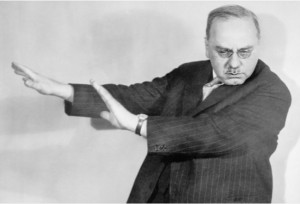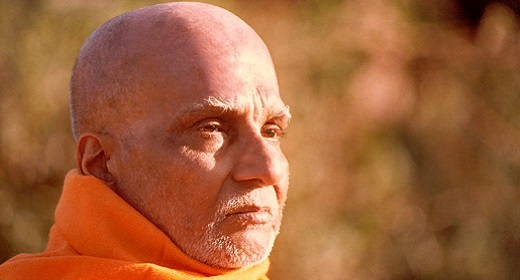By Sue Varma, MD: According to psychoanalyst Alfred Adler, our birth order predicted our personality to a great extent.  His theories from the early 1900s still stand in many respects. However, it is new research that is now reviving these ideas and, particularly, we are seeing the interplay of our biology and psychology. New research is showing that birth order can predict health consequences.
His theories from the early 1900s still stand in many respects. However, it is new research that is now reviving these ideas and, particularly, we are seeing the interplay of our biology and psychology. New research is showing that birth order can predict health consequences.
I like to caution folks and say that we should not let our destiny limit us. These factors may put us at greater likelihood for a particular outcome; however, it’s up to us to change that course. We also need to factor in family size, education and socioeconomic status. We tend to see that the smaller the families, the more the available resources. It’s not just whether you are first- or second-born – but if you are first or second in a family of 2 or 10, as this would dilute time, attention and resources. Also, it’s up to you what you are willing and able to do with your resources.
We were all children once, and whether we were the only child, first-born, youngest, or somewhere in between, we will be able to find ourselves in the descriptions that follow.
First-Born
First-borns (like Dr. Oz) are natural-born leaders (no surprise, right?). They are used to being the center of attention, often over-achievers who are perfectionists. They have this pressure to be the best. When we look at IQ numbers, they tend to be smarter than their younger siblings, up to 3 IQ points, which can take you from average to above average. Often times, they are the favorites. They are highly self-critical and tend to be risk-averse. A majority of our presidents are first-borns. They can sometimes be the caretakers in the family.
First-borns are at high risk for high blood pressure. Brand new research just came out and the theory is that this may actually begin in the womb. It’s known that the mother’s placenta, which provides the fetus with nutrients, may not work as well in her first pregnancy, and this may have adverse effects on the fetus and its development. First-borns also tend to be more driven, which increases their stress and blood pressure. It’s also concerning because it means first-borns are at a greater risk for cardiovascular disease later in life. Furthermore, their family has invested a lot of time, energy and resources into them, and they are afraid to fail.
Middle Child
Middle children are typically the mediators and peacemakers. They’re good listeners, negotiators and people pleasers. They are usually more secretive and often feel isolated or the “odd man out” in their own family and seek company outside the home. That’s why if you have a friend who’s a middle child, they’re the most loyal. They often feel replaceable, lost. They have the most to prove and the most at stake. They might work very hard to create an identity different from their older and younger siblings. Interestingly, the more kids you have in the middle, the less strong these characteristics become. According to some new and preliminary research, they are most at risk for chronic fatigue syndrome.
Youngest Child
The youngest are the individuals in the family. They’re more playful, and since they have to fight for attention, they’ve developed a sense of humor as a way of doing that. A lot of actors and famous comedians are the youngest in the family. They tend to take more risks because they’ve been more protected, so they feel indestructible. They have a lot of confidence, and that comes from the “watch what I can do” attitude. They’re creative and can be great problem-solvers. They also have a need to “dethrone” the first-born. Also, they can go out of their way to prove their individuality, since they end up with all the hand-me-downs. They are the charmers. As thrill/pleasure seekers, they can be most at risk for addictive behavior, which can range from compulsive eating and drinking to sex.
Only Child
The only children in some ways have the best of both worlds – characteristics of both oldest and youngest, leaders but also risk takers. They are also thought to be precocious. Research shows they are more confident, articulate and imaginative than other children. They also hate criticism and tend to be perfectionists. Like the youngest children, they tend to be creative and they have the same element of confidence. They prefer adult company and conversations.
They are at the greatest risk for obesity! The theory is that an overprotective caretaker of an only child may show love with food. This starts very young and may carry into adulthood.







































